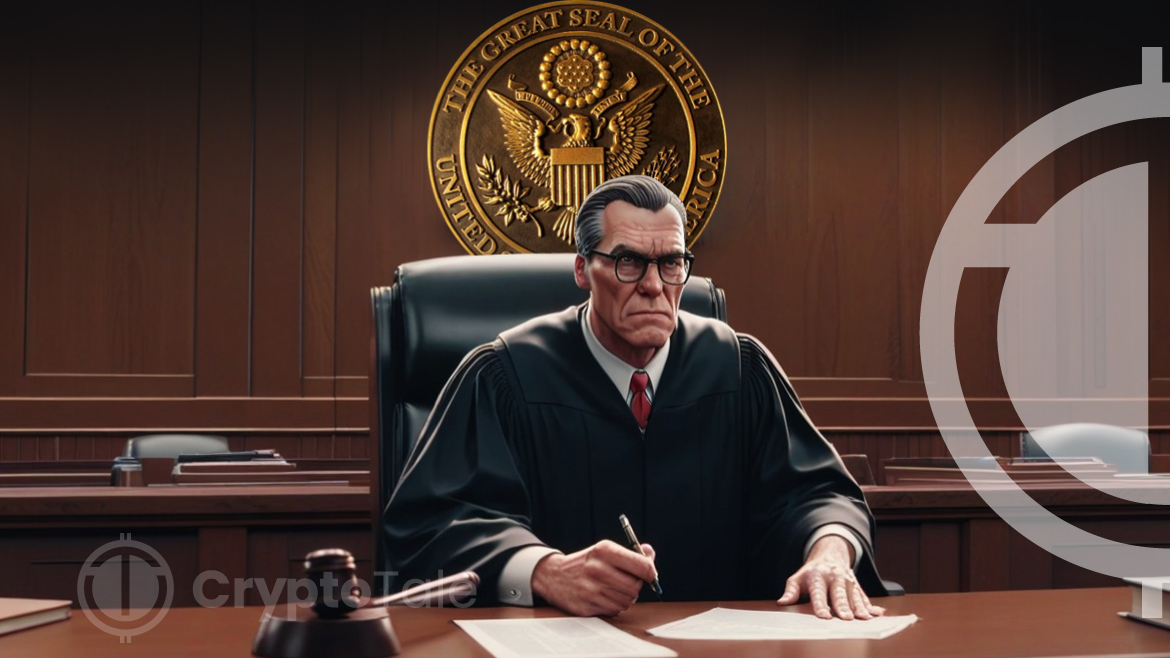- SEC’s ‘control deficiency’ leads to 42 case dismissals, sparking legal and public outcry for transparency and accountability.
- Congressman Davidson urges SEC reform and accountability, criticizing its handling of the internal legal system.
- Supreme Court’s ruling in SEC v. Cochran highlights the need for judicial review of SEC’s practices.
Recent developments in the U.S. Securities and Exchange Commission (SEC) have sparked significant controversy and calls for reform. Warren Davidson, the pro-Bitcoin Congressman, has vocally criticized the SEC, advocating for the passage of the SEC Stabilization Act, the dismissal of SEC Chair Gary Gensler in 2024, and an end to the accredited investor rule. These statements come in the wake of a scandal involving the SEC’s administrative legal system.
The SEC recently dismissed 42 cases within its administrative legal system, citing a “control deficiency.” According to Reason’s report, this action followed the U.S. Supreme Court’s decision in SEC v. Cochran, which allowed for more judicial oversight of executive branch agencies. The term “control deficiency” refers to an incident where SEC enforcement officials accessed confidential documents within the administrative court system, comparable to notes between judges and their clerks.
The mass dismissal of these cases, rather than offering clarity, has led to accusations of evasion from the SEC. Critics, including Peggy Little, senior counsel at the New Civil Liberties Alliance (NCLA), argue that this move sidesteps the Supreme Court’s intent for increased federal review and denies individuals like Michelle Cochran, the plaintiff in SEC v. Cochran, their right to a fair trial in a regular court.
The SEC’s handling of the situation has not only drawn criticism from legal experts but also from members of Congress. Representatives like Bill Huizenga have expressed frustration with the SEC’s evasiveness and lack of transparency regarding the extent of the file-sharing incident. Moreover, the agency’s decision to hire Berkeley Research Group, a regular contractor, for the internal investigation rather than its inspector general has raised additional concerns about impartiality.
The current situation underscores the need for a thorough review of the SEC’s administrative court system. The allegations of misuse of power and lack of transparency call for a more robust legal and congressional oversight, not only within the SEC but potentially across similar administrative and legal systems in other executive agencies. As the public and lawmakers like Warren Davidson demand accountability, the SEC faces a pivotal moment to restore trust and ensure fairness in its proceedings.






